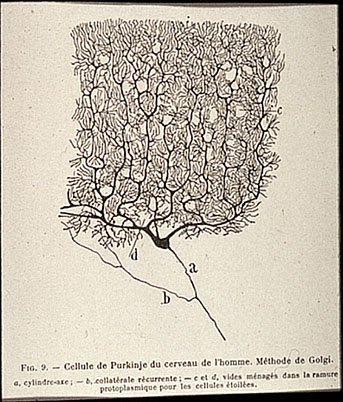In 1999, Menahem Segal and Eduard Korkotian of the Department of Neurobiology at the Weizmann Institute in Israel reported an astonishing discovery. They had removed hippocampus (the part of the brain responsible for long term memory) from rat embryos and kept the cells alive, cultured on microscope slides. The researchers then applied caffeine to the hippocampal cells and observed them under a microscope to see if there were any changes. Dosing the cells with caffeine caused an increase in cellular calcium levels—a phenomenon known to be connected with learning and memory. Even more surprising was the observation that repeated caffeine exposure caused some of the spines on the neuronal dendrites to grow longer! Dendritic spines are protrusions that may be important in governing the number of synaptic connections a neuron can receive from other brain cells. Therefore, caffeine may boost learning and memory by causing changes in the brain’s “wiring” at the microscopic level.

A similar experiement performed by Dr. Juarez-Mendez with new-born rats at the Escuela de Biología, Universidad Autónoma de Puebla, Puebla, México, demonstrated that neonatal caffeine administration causes a permanent increase in the dendritic length of prefrontal cortical neurons. This study examined the morphological changes of the dendritic length of the pyramidal neurons of the prefrontal cortex (PFC) induced by the effect of chronic administration of caffeine in the neonatal rat. The caffeine (50 mg/kg) was injected from day 1 after birth to day 12. After puberty, the rats’ brains were removed. The dendritic morphology clearly showed that the neonatal animals administered caffeine showed an increase in the dendritic length of the pyramidal neurons of the prefrontal cortex when compared with control animals. These results suggest that neonatal administration of caffeine affects the dendritic morphology of the pyramidal cells of this limbic structure and that this effect persists after puberty and may be implicated in boosting several brain processes.
The implications are clear: Using caffeine can cause the cells of our brains involved with learning and memory to grow new dendritic spines and thus may enable our brains to fuction more effectively.



